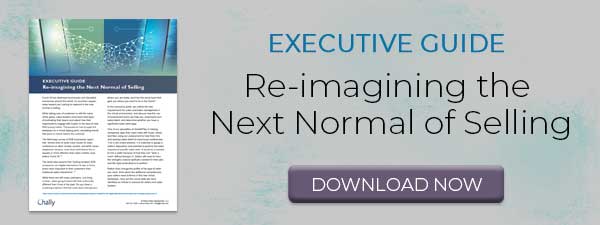Zombies – Sunday Scaries
There are many nightmare memes dominating social channels describing the way most of us feel about the impact of the global pandemic on the world of work and how we sell.
If people feared Monday before Covid-19, they are panicked now.
Sales managers seem to be slowly confronting this new reality and are beginning to adjust their cadence and management of sales teams the longer the disruption triggered by Covid-19 continues. Yet, they seem to be resisting that their sales team may resemble the zombies on the Walking Dead.
According to a 2018 LinkedIn survey, 80% of Americans worry about the week ahead on Sundays. Some call it the “Sunday Scaries,” you know that fear you feel beginning sometime on Sunday as you count the hours left in the weekend. You fear the mere thought of Monday morning on Sunday afternoon at 3 pm as you mentally confront your awaiting to-do list.
Many believe the Sunday Scaries symptoms are worse in the summer (social distance protocols and lockdowns aside) because people are simply having more fun in the summer: mimosa brunches in the garden, beach days, beers on the roof top, and baseball games in the bleachers. Sending emails to prospects or other work-related tasks pales in comparison to almost any summer social activity.
Have you considered that your sales team is suffering from an extreme case of the Sunday Scaries?
Think about it. They are rising to their home offices early Monday morning only to spend the next eight plus hours on back-to-back Zoom calls with prospects or clients. Just writing it down causes stress let alone doing it day after day after day after day.
Here you have a team of extroverts, the people, used to working their charm on a room of unsuspecting strangers now forced to demonstrate that charm through the lens of their computer video camera over-and-over again.
Quite simply, they are exhausted by the demands of the new normal of virtual selling. While they are showing up and doing their best, they are not experiencing the same feeling of accomplishment because the game has changed.
Last week, the Munich-based industrial conglomerate Siemens announced plans to allow more than 100,000 of its employees to work away from the office for two to three days a week on a permanent basis. While Siemens is not alone in this declaration, their rationale was intriguing and one to pay attention. The company said the coronavirus crisis has “shown that working independently of a fixed location offers many advantages and is possible on a much wider scale than originally thought.”
This is not necessarily good news for sales teams. As more and more companies make working at home the new normal, sellers will be forced to learn to adapt. What steps can you take to help your sellers rise and shine on Monday morning?
- Acceptance is the answer to all your problems today. Sales managers need to stop acting as if nothing has changed. Recognizing that your team is struggling is the first step to making a difference in their effectiveness. Start by having individual conversations for no other reason than to check-in. Ask how sellers are doing? What are they frustrated by? How are they coping with the demands of being online so much?
Often sales managers are afraid to ask because they don’t have answers. Don’t worry about that. Unfortunately, there are not a lot of answers to the current situation. Rather, questions become important because it shows you care. It shows you care about them as a person, and that caring goes a long way.
- Assess their capacity to work virtually. This includes their skill and will. Being tech savvy was a table stake pre-Covid 19. Just because sellers are good with tools doesn’t mean they are good with not seeing their buyers. I have heard many companies spending time and money to ensure their workers have the right technology to work from home, but I have not heard of many who have taken the same inventory about the skills to use the technology and the motivation to do so over time. Understanding what motivates your team is even more critical than ever.
- Create learning curriculum to address the gaps. Most large organizations have learning and development departments. They are experts in adult learning theory and tools. Now, is the time to lean on them to help you close the gap.
For more information on virtual selling check out our blog All Sales Jobs Are Virtual Sales Jobs Now.



